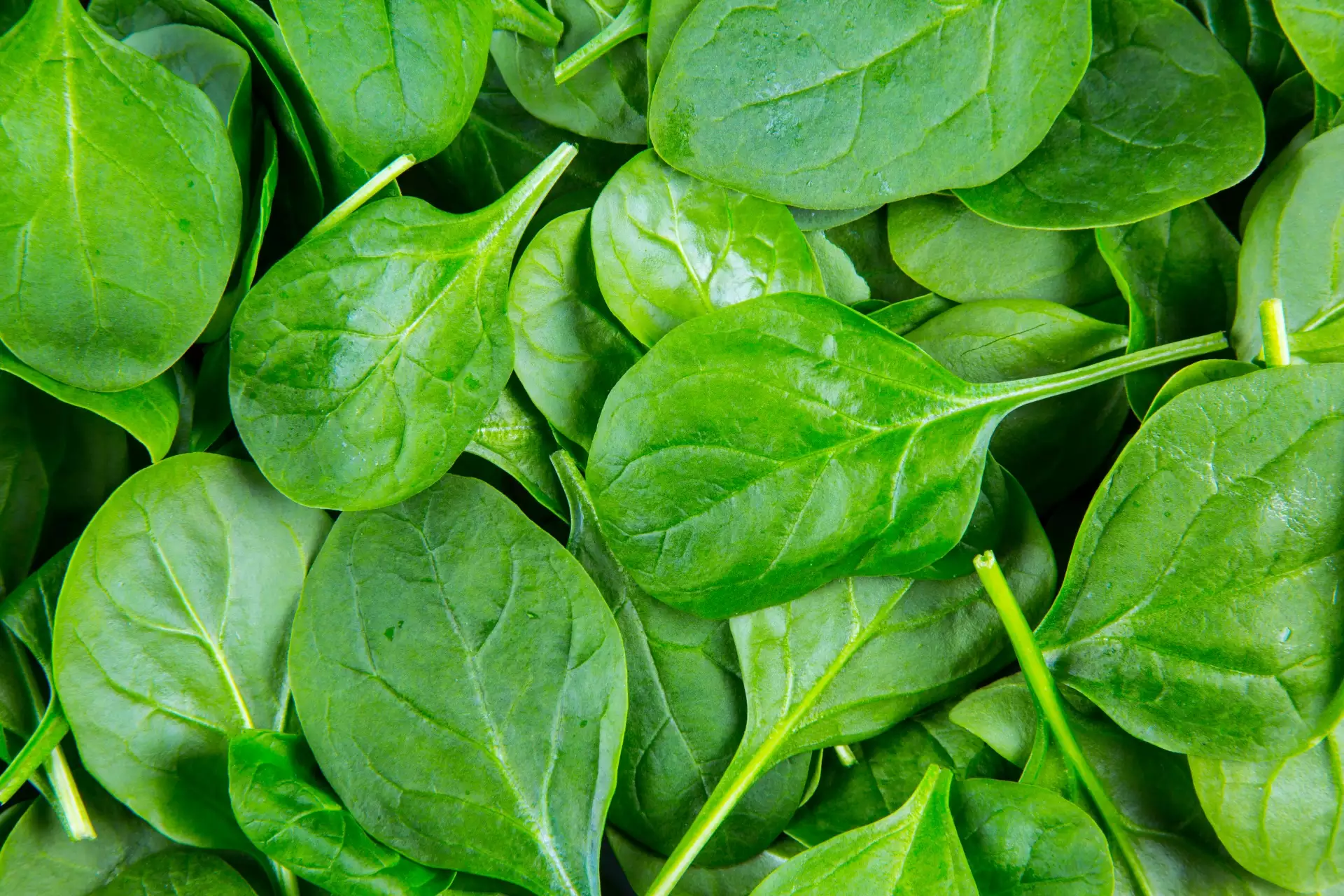Vegetables as parts of our diets are nutritionally recommended for a healthy living. They are considered important due to the important roles played in both nutriceuticals and pharmaceuticals.
The recognition of vegetables as any part of herbaceous plant by humans make us recognize asparagus, lettuce leaves, garlic, peas and beans, carrots, squash, pepper and tomatoes as vegetables. However, tomatoes are classified as fruit when botanically defined.
Vegetables with large nutritional powerhouses
1. Spinach
Spinach is a leafy vegetable with a good source of vitamins, iron and antioxidants. It contains magnesium for muscle and nerve functions but low in cholesterol thereby helping for a healthy heart.

Image credit: Popular science
2. Broccoli
Broccoli is as good for the body as spinach. It is also loaded with vitamins and other minerals. Eating much broccoli as a type of cruciferous vegetable helps to reduce the risk of cancer. This vegetable is exceptionally high in vitamin K.

Image credit: pixabay
3. Jute leaves
Jute leaves known as Ewedu, Achingbara and Rama in yoruba, igbo and hausa respectively are highly nutritional. These leaves are botanically known as corchorus olitorius. They are rich in protein, iron, vit A, vit B, vit C, foliate, niacin, riboflavin, thiamine, calcium and dietary fibres. They are highly nourishing and wrinkle reducing due to their antioxidant substances.

Image credit: connect Nigeria
4. Asparagus
Asparagus has a wealth of nutrients such as vitamins as well as iron for a healthy blood. It is a good source of folate (folic acid) which makes it worth considering as an array of veggies that can help with the formation of healthy red blood cells.

Image credit: All recipes
5. Waterleaf
Water leaf is a veggie richly containing omega-3 fatty acids, calcium, magnesium, soluble fibres, protein, potassium and dietary fibre. Water leaf helps to regulate the cholesterol level and boost the blood level.

Image credit: Market direct
6. Pumpkin leaves
Pumpkin leaves locally known as ugu leaf are considered as a vegetable that helps to supply vitamin C, niacin, vitamin B6, phosphorus, magnesium, thiamine, folate, iron, copper, potassium, vitamin E, vitamin A and manganese to the body. The leaves go a long way in slowing down the ageing process.

Image credit: connect Nigeria
7. SWEET potato
Sweet potatoes are root veggies. They are low in glycemic index. SWEET potatoes, being high in fibre can increase satiety thereby reducing food intake as we get full so easily. Sweet potatoes also help to reduce the blood sugar.

Image credit: The Spruce Eats
8. Carrots
Carrots help for healthy eyesight. They also help with their cancer-fighting constituents.
9. Alliums
Allium vegetable include onion, garlic and other veggies of this type. They protect consumers against cancer. The consumption can also help reduce the risk of coming down with esophageal and stomach cancer. It may also help to reduce the risk of prostate cancer incidence among men.
10. Tomatoes
Some people consider tomatoes to be a vegetable but technically speaking, they are a type of fruit. Tomatoes contain lycopene and beta-carotene which help to counter cancerous effects. Tomatoes also contain other potent antioxidants which include lutein and zeaxanthin for eye vision protection.

Image credit: Bonnie plants

[fts_facebook type=page id=191003814715956 access_token=EAAP9hArvboQBAOxb4jdV2T2DxYZAiOqQskJUeaiJBoRwZBOosDtZALZBGTkEBOi7thhRyZAWajEXaCnpBtxaHwcTmd3ZBiNgDwBs1OFg28Ff6sF1bCo6yIUglnnFMOvtXTXCHFxroQvv71VxxcrZCYzIGKyO47AxZClobyT2icOn3QZDZD posts=6 description=yes posts_displayed=page_only]

Pharm. Faleye Oyeyemi graduated from faculty of Pharmacy, Olabisi Onabanjo University, Ogun Sate, Nigeria with distinctions and did her one year internship program at the Lagos University Teaching Hospital (LUTH), Lagos after which she did her one year compulsory NYSC with National Agency for Food and Drug Administration and Control (NAFDAC), Lagos.
Oyeyemi has earned herself Certification from University of Washington, Dublin in “Clinical Management of HIV and Leadership and Management in Health.”
Also, Oyeyemi is currently running her Masters program in Pharmaceutics.
She does not only portray academic excellence but the same in paying attention to details. She can be briefly described as a multi-talented fellow.
